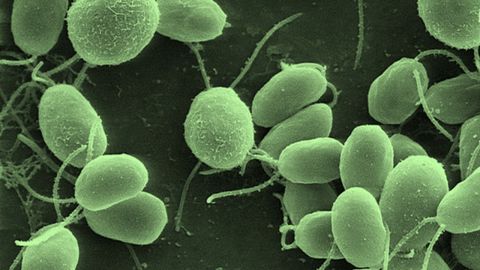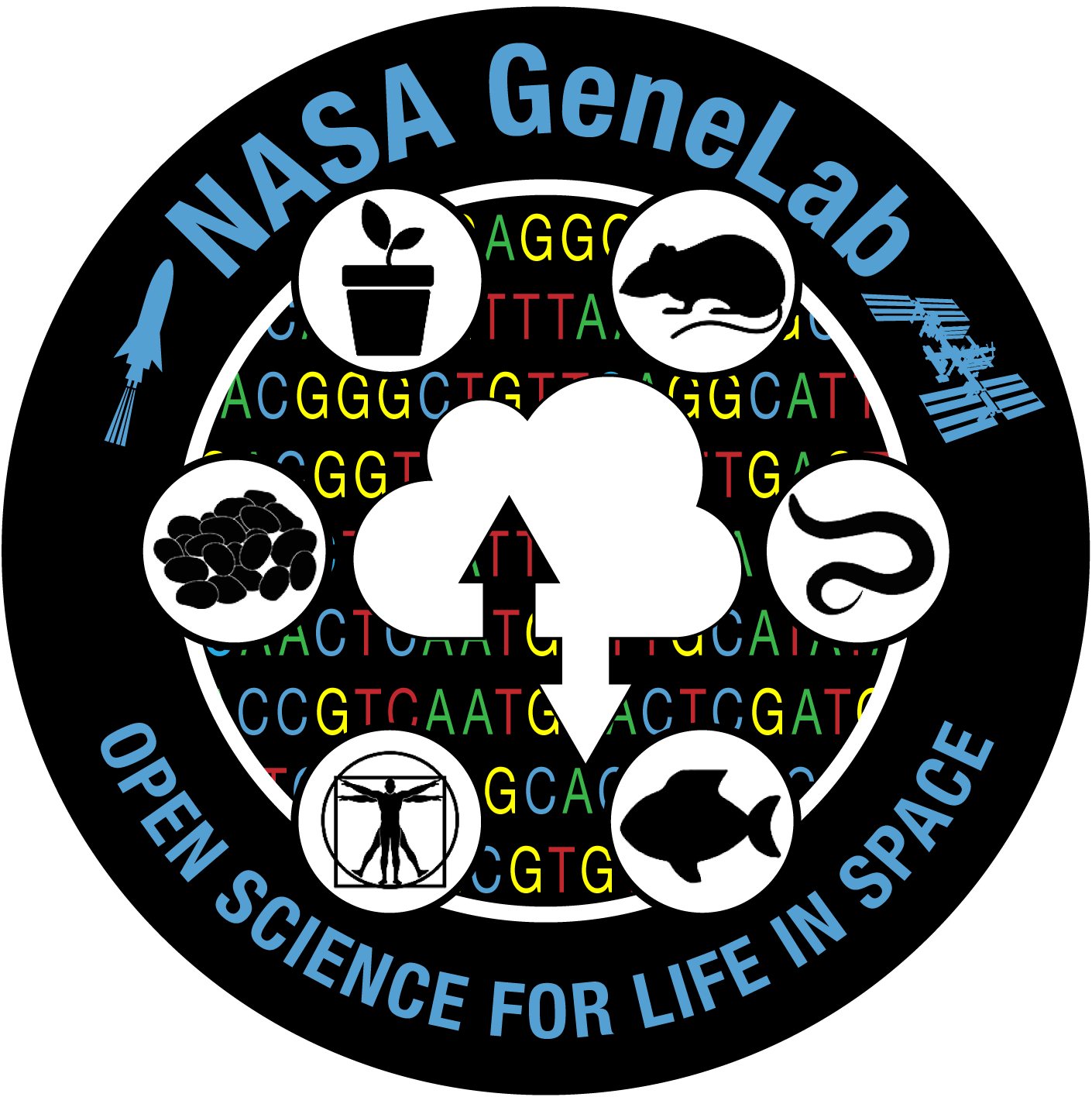
The first algae data have been submitted to the GeneLab Data Repository. Microalgae are single-celled, photosynthetic organisms that can be grown to capture carbon dioxide and recycle nitrogenous wastes. Most algae species require low levels of light and are highly efficient at carbon capture. Since nearly the inception of international space programs, microalgae have been proposed to be part of biological regenerative support systems for long-duration spaceflight. Scalable production systems for growing algae in liquid cultures have not yet been developed for microgravity conditions. Moreover, the genetic adaptations needed to maximize carbon capture during spaceflight by microalgae species have not been determined.
A simple protocol has been developed for batch liquid cultures using commercial breathable plastic bags by Junya Zhang, Barbara S.F. Muller, Kevin N. Type, Fang Baie, Ying Hu, Marcio F.R. Resende Jr, Bala Rathinasabapathi and A. Mark Settles. This system can easily scale in volume depending upon the size of available growth facilities. They also established and tested a genetic selection experiment to identify genes required for the model algae, Chlamydomonas reinhardtii, to grow in the plastic bag cultures in the Veggie plant growth chamber. These ground-based verification experiments show that selected for improved microalgae productivity in space is feasible. To access the whole-genome sequences generated for this study, download the data: GLDS-265: Selecting for Chlamydomonas reinhardtii fitness in the KSC Veggie Unit.

